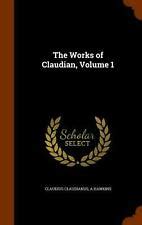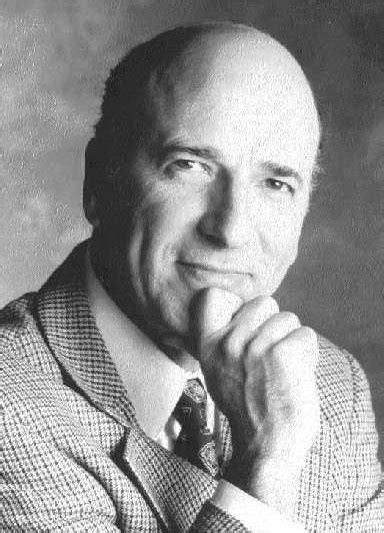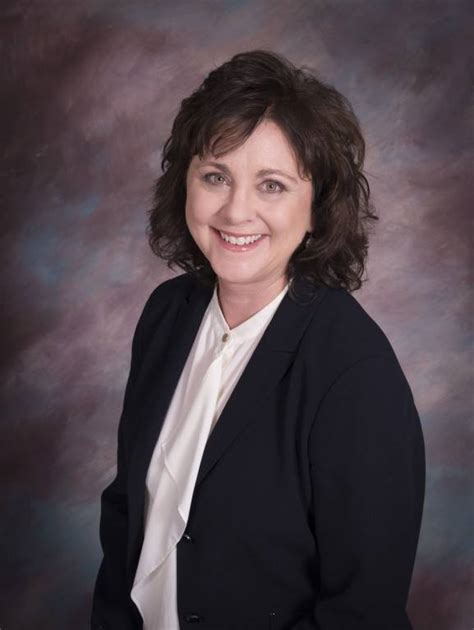A Quote by Mason Cooley
Passion impels our deeds; ideology supplies the explanations.
Related Quotes
Whatseems to take place outside ideology (to be precise, in the street), in reality takes place in ideology. What really takes place in ideology seems therefore to take place outside it. That is why those who are in ideology believe themselves by definition outside ideology: one of the effects of ideology is the practical denegation of the ideological character of ideology by ideology: ideology never says, 'I am ideological.'
For, owners of their deeds (karma) are the beings, heirs of their deeds; their deeds are the womb from which they sprang; with their deeds they are bound up; their deeds are their refuge. Whatever deeds they do-good or evil-of such they will be the heirs. And wherever the beings spring into existence, there their deeds will ripen; and wherever their deeds ripen, there they will earn the fruits of those deeds, be it in this life, or be it in the next life, or be it in any other future life.
Like Muslims we assume that God will judge us "on balance." If our good deeds outweigh our bad deeds, we will arrive safely in heaven. But, alas, if our evil deeds outweigh our good ones, we will suffer the wrath of God in hell. We may be "marred" by sin but in no wise devastated by it. We still have the ability to balance our sins with our own righteousness. This is the most monstrous lie of all.
Yet the women's misery is socually invisible. Despite our education and accomplishments, we are expected to keep our mouths shut and accept our infertility treatments as consolation prize. Our jobs are supposed to be our highest priority. We are expected to overlook the connection between our disappointment, the impossible ideology of equality, and the contraception that makes that ideology appear to be possible.
Every work of art (unless it is a psuedo-intellectualist work, a work already comprised in some ideology that it merely illustrates, as with Brecht) is outside ideology, is not reducible to ideology. Ideology circumscribes without penetrating it. The absence of ideology in a work does not mean an absence of ideas; on the contrary it fertilizes them.






































